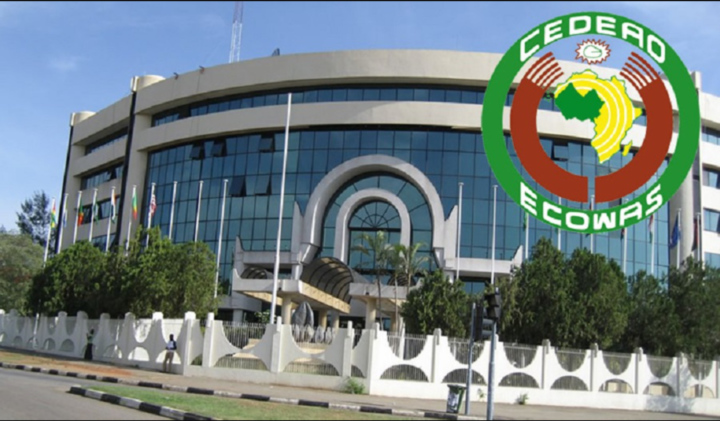Nigeria has renewed its call for the full integration of capital markets across the Economic Community of West African States (ECOWAS), emphasizing the need for collective financial strength to drive regional growth and development. The Director-General of the Securities and Exchange Commission (SEC), Dr. Emomotimi Agama, made this call during a stakeholders’ meeting in Abuja, stressing that no single West African country can achieve the level of investment required to address the region’s economic challenges without a unified capital market.
According to Agama, the integration of ECOWAS capital markets would provide the platform needed to pool financial resources, deepen liquidity, and attract both domestic and foreign investors. He noted that fragmented markets across the region have hindered efficient capital flow, limited investment opportunities, and slowed the pace of economic transformation. By harmonizing policies and trading frameworks, West African countries could collectively mobilize funds for large-scale projects such as infrastructure, digital innovation, and industrial development.

He described the validation of the West Africa Securities Regulators Association (WASRA) Charter as a significant milestone toward achieving a single regional market. The charter, he explained, provides the regulatory foundation for seamless cross-border trading, joint market supervision, and stronger investor protection mechanisms. “The integration of our capital markets will not only enhance liquidity and market depth but also create a more attractive investment destination for global investors,” Agama stated.
The SEC boss emphasized that the long-term growth of West Africa depends on collaboration and harmonization among its member states. He noted that aligning regulatory standards, trading systems, and settlement processes would make regional markets more competitive and resilient. This, he added, would ultimately support job creation, industrial diversification, and sustainable economic development across the sub-region.
Representing the Ministry of Finance, Hassan Adamu Jibrin reiterated the Federal Government’s support for the integration effort, describing it as a strategic step toward improving cross-border investment and boosting the continent’s financial resilience. He said the move would enhance economic cooperation, reduce transaction costs, and allow investors to operate seamlessly across multiple jurisdictions. Jibrin also called on ECOWAS member states to demonstrate political will and commitment to the success of the WASRA initiative.
He further explained that the regional capital market integration would enable countries to access long-term financing for key sectors such as agriculture, manufacturing, and energy. By leveraging regional savings and investment flows, the initiative would reduce dependence on external borrowing and foreign exchange volatility. “An integrated market gives us the power to finance our own development, using our own resources,” he added.
Stakeholders from various financial institutions across West Africa have expressed optimism that the harmonization of capital markets will open new investment opportunities and strengthen financial inclusion. They believe it will help channel funds into high-impact projects, improve investor confidence, and foster economic interdependence within the region.
However, experts have also noted that achieving a truly integrated market requires overcoming several challenges, including differences in regulatory frameworks, technological disparities, and limited infrastructure. They emphasized the need for strong coordination among securities regulators, improved data sharing, and the establishment of uniform settlement and payment systems.
Agama assured that Nigeria remains committed to providing leadership in this process. He highlighted ongoing efforts by the SEC to adopt advanced settlement practices, improve transparency, and align its regulations with global standards. These reforms, he said, will ensure that Nigeria’s capital market remains a key driver of regional integration.
The push for capital market integration comes at a time when ECOWAS countries are seeking alternative financing solutions to support economic recovery and diversification. By working together through WASRA and related initiatives, member nations hope to build a stronger, more connected financial ecosystem capable of attracting sustainable investments and driving inclusive growth.
In conclusion, Nigeria’s call for the integration of ECOWAS capital markets represents a bold step toward regional economic transformation. Through collaboration, regulatory harmony, and infrastructural development, West Africa could unlock its collective potential, promote cross-border investment, and establish itself as a unified force in the global financial landscape.
Support InfoStride News' Credible Journalism: Only credible journalism can guarantee a fair, accountable and transparent society, including democracy and government. It involves a lot of efforts and money. We need your support. Click here to Donate
